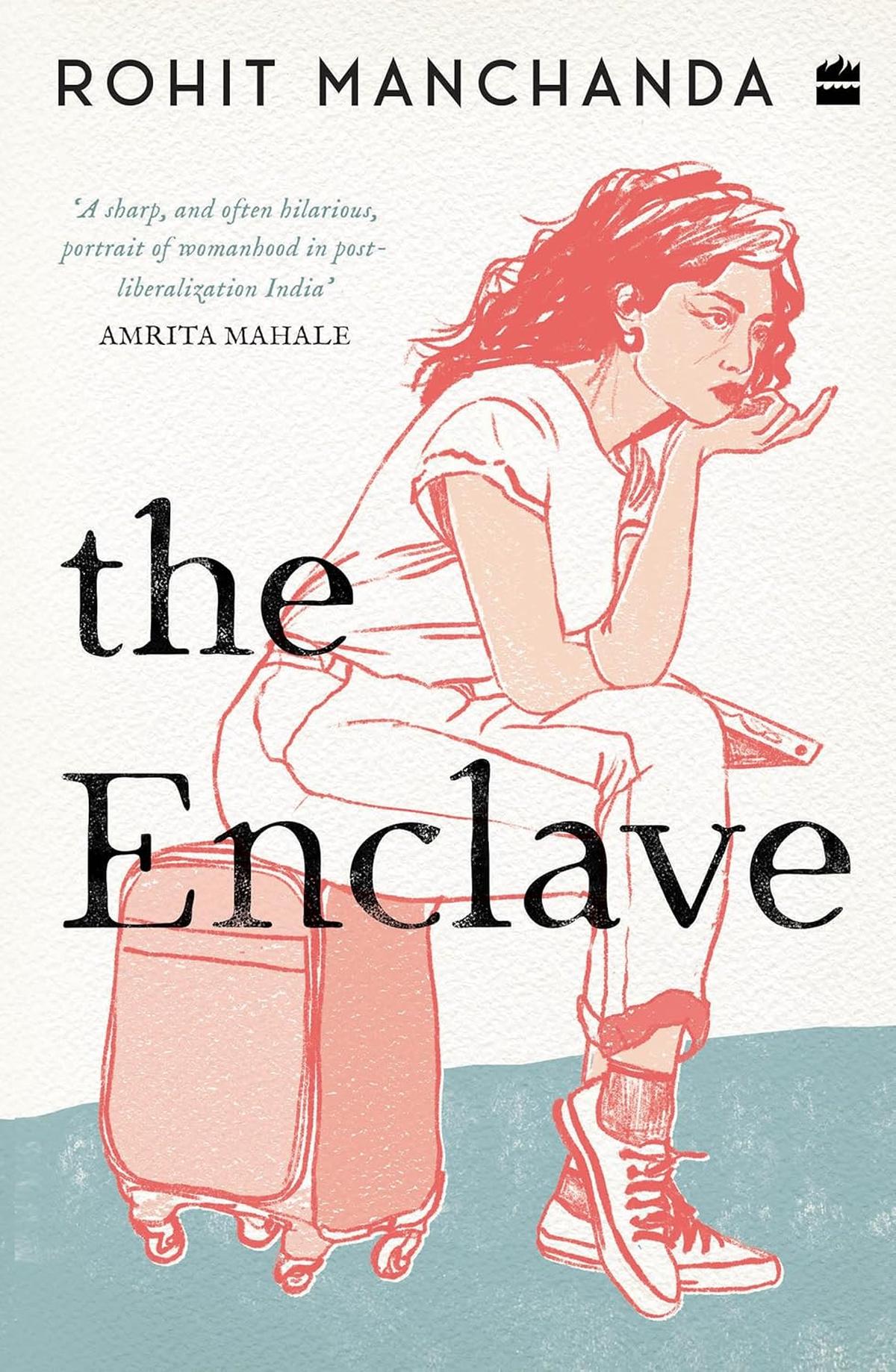
The author deals with contemporary notions that plague urban Indians, including the hypocrisy and duality of their milieu. | Photo Credit: Getty Images/ iStock
A life lived in montage perhaps best sums up Rohit Manchanda’s novel, The Enclave. It provides the reader with a curated sequence of episodes from the protagonist’s life, each culminating in an emotional upheaval. Maya is a mother, a poet and a full-time employee at a centre that vaguely deals with education and policy.
Manchanda’s ability to talk through everyday scenes as a form of exposition is remarkable. It’s a bit akin to watching a highly stylistic director shoot an everyday person eating a hamburger. In the most commonplace of settings, Manchanda expounds contemporary notions that plague urban Indians, including the hypocrisy and duality of their milieu.
From attending a dance-drama on the Pandavas in exile, told from the perspective of the forest flora and fauna, to being told by the secretary of her housing complex that no overnight visits by unmarried persons will be permitted. It is the inhabitation of such opposite realities that has endowed Maya with a critical eye for hypocrisy, a nose that is allergic to bluffing and a healthy amount of judgment for the dramatic. The con artists that Manchanda reveals through the cast that surrounds Maya aren’t of the garden variety either, and their true selves when revealed through her make for highly relatable reading. Her critique of gentrified circles that populate the upper echelons of art, management and society is not only nuanced but also highly amusing.
Devoted to a hedonistic way of life, Maya struggles between art and sustenance, craving in some way membership into those very circles that in the light of day appear as naked as the emperor. It is this duality, this self-inflicted irony that the novel feeds on. It is her Sisyphean endeavour, sandpaper in hand to smoothen the rough edges of her life, her lovers, that gives heft to her character.
The Enclave is a lyrical read and while its plot might seem all too familiar, its prose is what sets it apart. While this might require the reader to plod through indulgent, ornate passages at times, it still makes for a highly rewarding read.
The reviewer is a freelance writer and illustrator.



